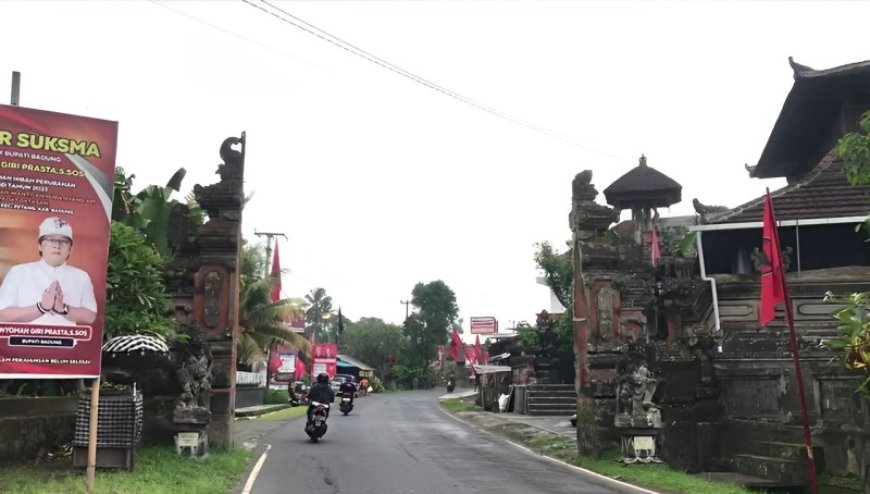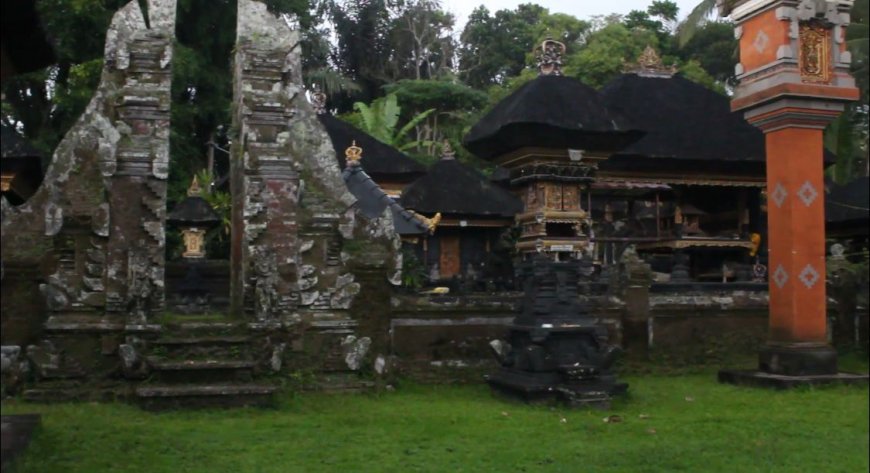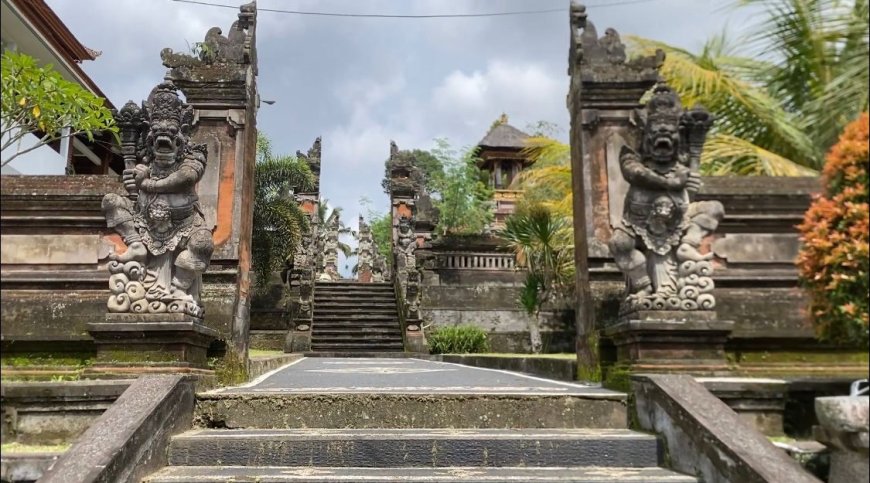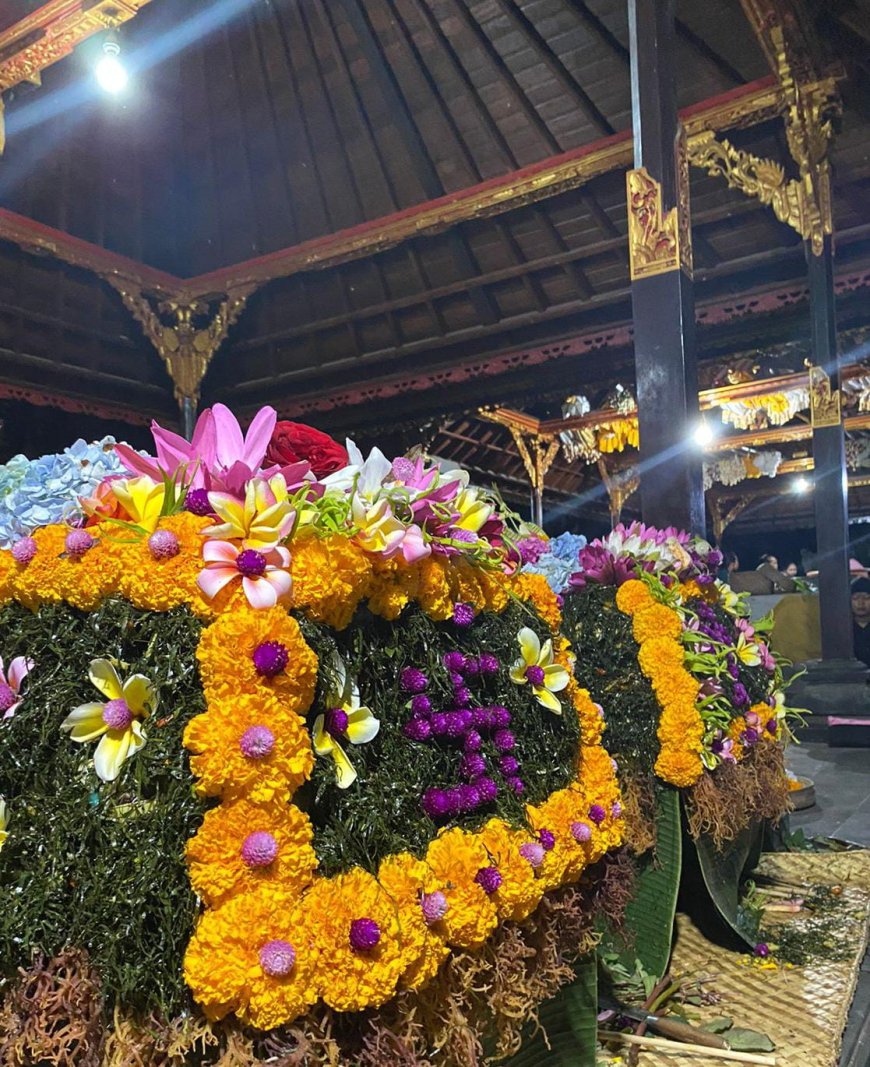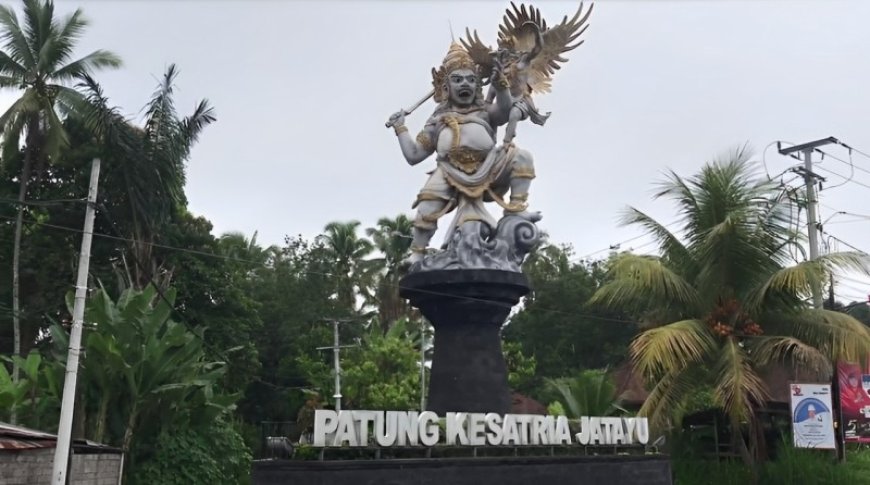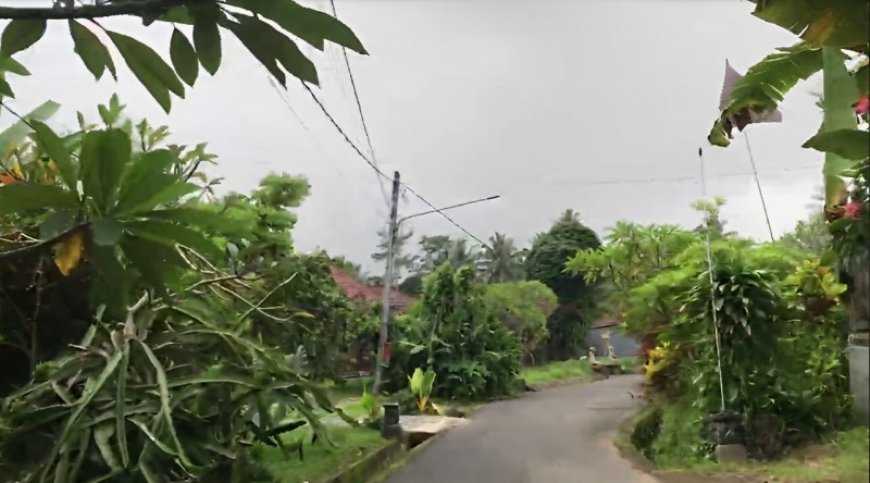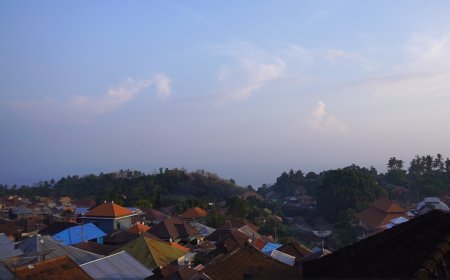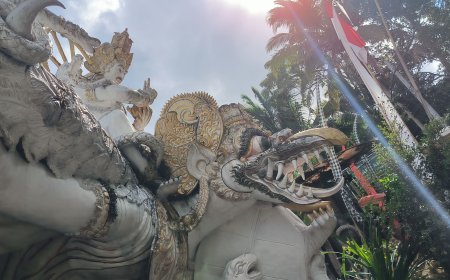The Natural Charm and Cultural Heritage of the Pangsan Traditional Village
Pangsan Traditional Village is a traditional village located in Petang District, Badung Regency, Bali. Pangsan Traditional Village amazes with its natural beauty, cultural heritage and rich traditions. Pangsan Traditional Village also has a history written in the Copper Plate Inscription found at Penataran Agung Temple. There is also a diversity of traditional ceremonies to illustrate the rich culture of this village. Temples that uphold spiritual values and traditions such as the Ngenar Ceremony, Dahe Teruna, and Nyerahane Saye also enrich the tourist experience. Apart from that, Pangsan Tourism Village promotes the natural beauty of Bali, with extensive rice fields and enchanting agricultural commodities.
Bali, often referred to as the island of the gods or the island of a thousand temples, is known as a tourism paradise with its natural beauty, majestic temples and rich cultural heritage. One of the villages that illustrates this wealth is the Pangsan Traditional Village, which is an authentic representation of Bali with all its diversity of customs, traditions and culture.
Pangsan Village, which is located in Petang District, Badung Regency, Bali, is characterized by two banjar systems, namely customary banjars and official banjars. Banjar adat is a traditional institution that has its own autonomy, playing an active role in the physical and non-physical development of the village. Five traditional banjars such as Banjar Adat Sekar Mukti, Banjar Adat Pundung, Banjar Adat Kasianan, Banjar Adat Tengah, and Banjar Adat Dalem are the main pillars of life for the people of this village. Apart from that, there are also four service banjars, such as Sekarmurti Service Banjar, Pundung Service Banjar, Kasianan Service Banjar, and Pangsan Service Banjar, which also contribute to the management of village activities.
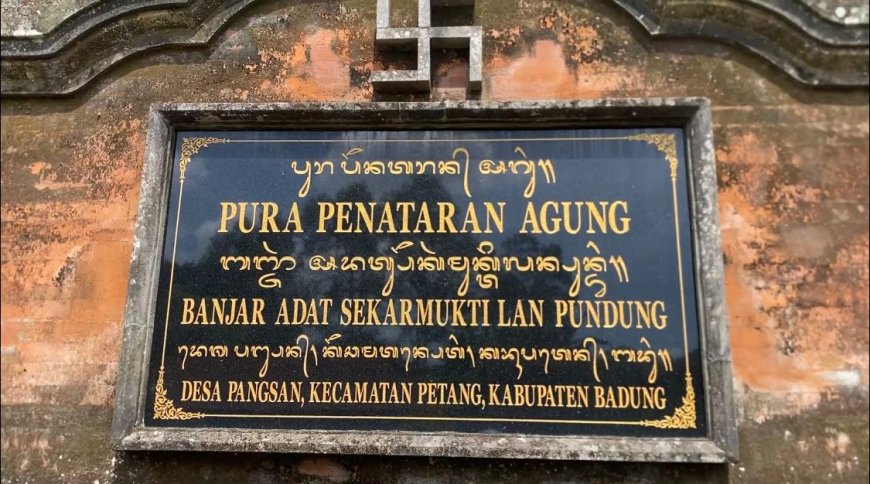
Penataran Agung Temple, Pangsan Traditional Village (Source: Author's Collection)
The Pangsan Traditional Village has historical records recorded in the Copper Plate Inscription from the 12th century. This inscription was found at Penataran Agung Pangsan Temple and tells about Paruman Nunung, a royal ceremony during the time of King Jaya Pangus. This ceremony not only involves elements of soldiering but also discusses taxes, giving gifts, and ratifying the results in Pangsan Village. The name "PANGSAN" itself refers to the words "Pengesahan" and "Depang San," referring to the fifth sheet of inscription remaining at this place.
Pangsan Traditional Village highlights the diversity of its religious life through three temples that play a central role. Desa Temple, as the abode of God Brahma, Puseh Temple, dedicated to Lord Vishnu, and Dalem Temple, a place of worship for ancestral spirits and Lord Shiva. The presence of these three temples reflects the rich culture and spirituality of the Pangsan people who still uphold traditional values in their daily lives.
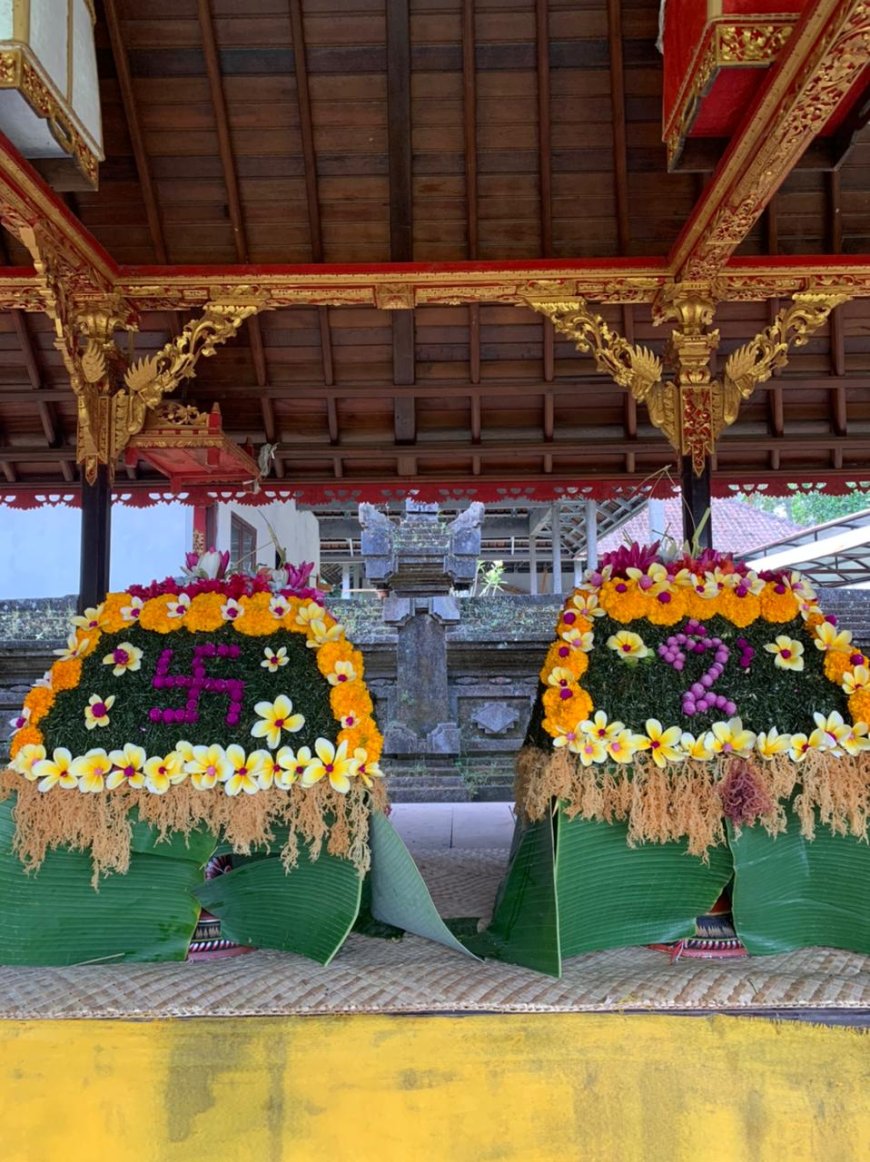
Lampad Traditions of Pangsan Traditional Village (Source: Author's Collection)
Pangsan Traditional Village also maintains unique traditions and ceremonies which are a special attraction for tourists. Some of them include, Ngenar Ceremony, A porridge making ceremony carried out by children aged 9-10 years at Puseh Pingit Temple, 15 days before Galungan. Dahe Teruna Ceremony, Making traditional food involving men and women for the Lampadan ceremony. Nyerahane Saye Tradition, The process of handing over kelian assistance involving the "Malang" ceremony at Puseh Pingit Temple. Urak Tradition, Ceremony at Pucak Manik Temple and Pempatan Village which involves each family with a symbolic handover using spices.
Pangsan Traditional Village is living proof of Bali's rich and authentic cultural heritage. With its natural charm and cultural diversity, Pangsan Village is present as a destination that offers an in-depth and memorable tourist experience for every visitor.
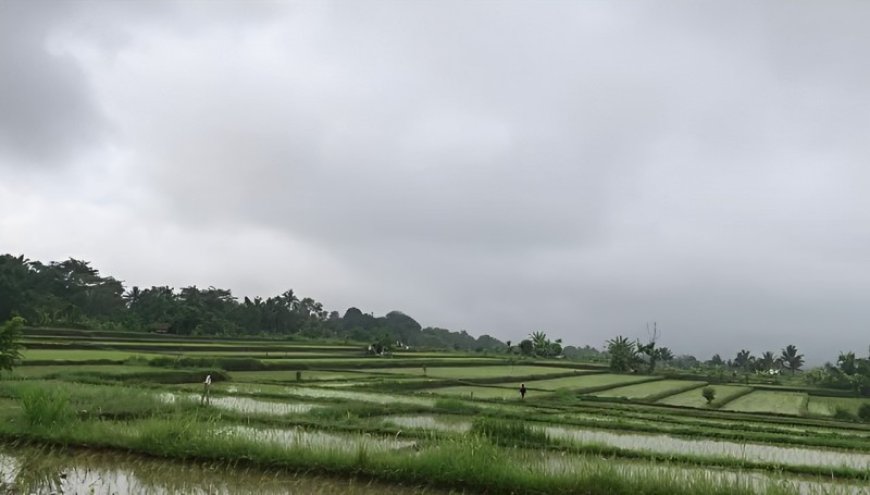
View of the Rice Fields of Pangsan Traditional Village (Source: Author's Collection)
Pangsan Tourism Village, apart from being a place to live for the community, has also transformed into a stunning tourist area. Views of expansive rice fields, surrounded by palawija plant, flowers and fruit, enrich the experience of tourists. A trip through the Pangsan Tourism Village area allows visitors to witness the daily life of farmers with commodity crops such as corn, peanuts, soybeans and rice.
Pangsan Traditional Village is a living witness to the beauty of Bali which not only radiates from its natural charm, but also from its rich culture and well-preserved traditions. With its historical heritage, diversity of traditional ceremonies, and beauty of the Pangsan Tourism Village, Pangsan Traditional Village is not just an ordinary tourist destination, but a colorful life story that reflects the wonders of nature and local wisdom. Every step in Pangsan Village is an adventure that brings tourists an unforgettable discovery of the natural beauty and local wisdom that is deeply embedded in the traditions of the community.

















































